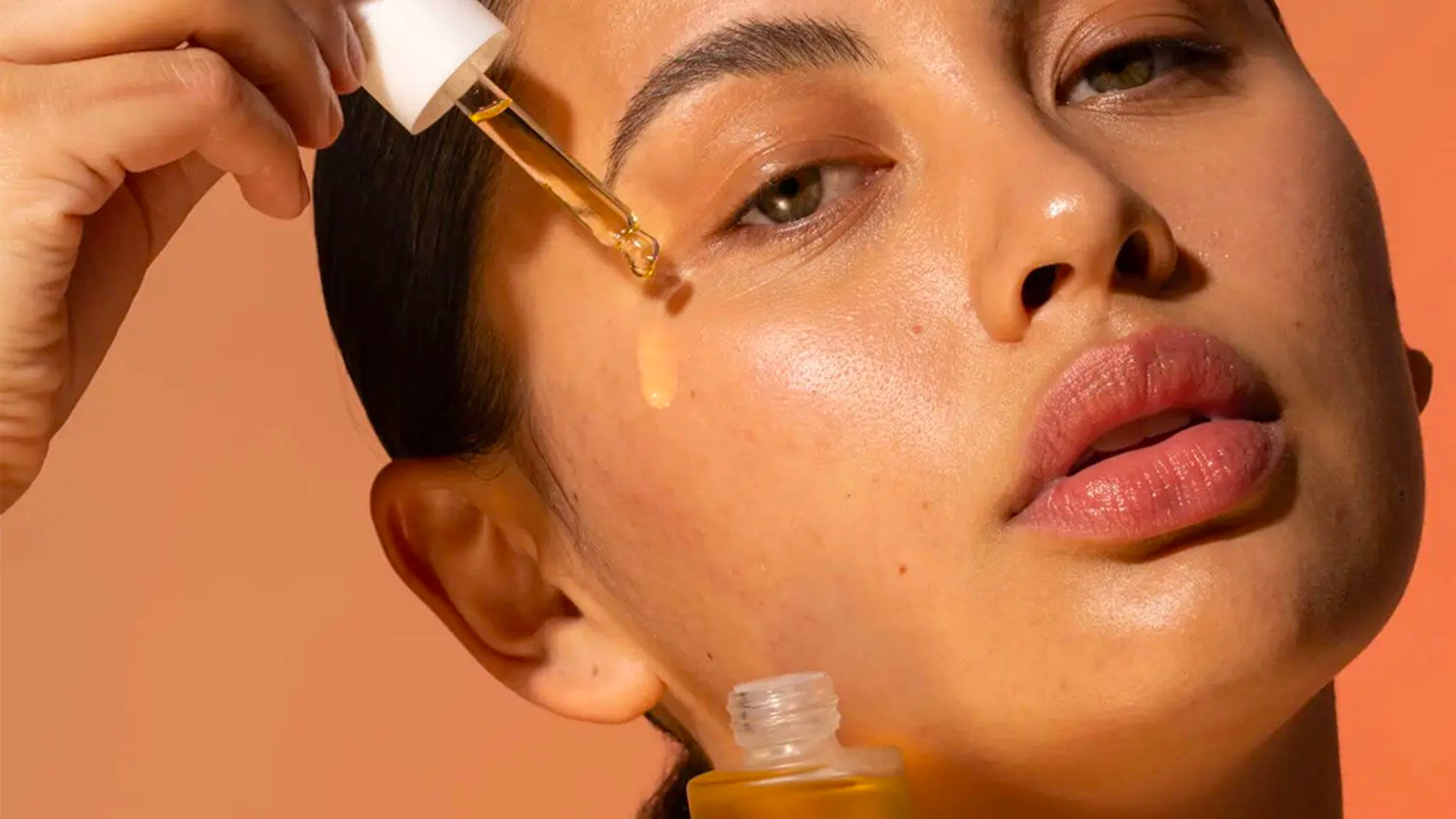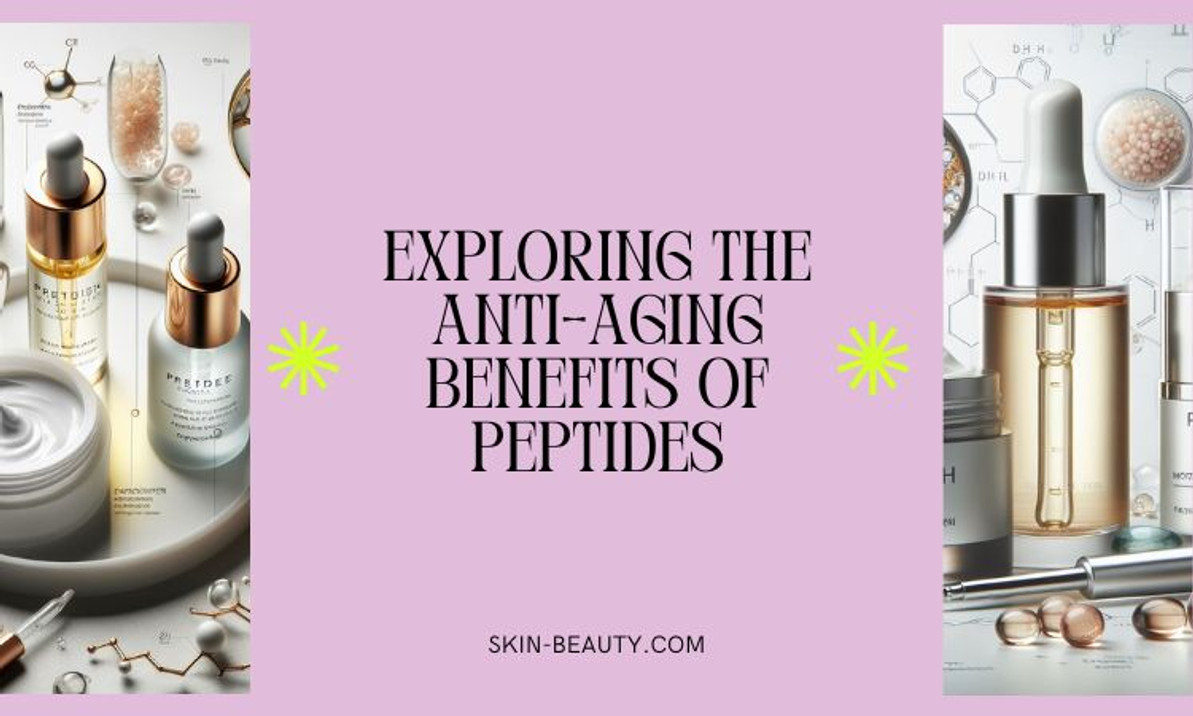How to Protect and Repair Your Damaged Skin Barrier
The skin barrier is the line of defense against the outside world. The protective layer helps keep out irritants, bacteria, and toxins, preventing them from causing damage to the delicate skin below. Unfortunately, many factors such as pollution, genetics, and stress can contribute to damage, resulting in dry, itchy, and inflamed skin. Fortunately, there are ways to repair and protect your skin barrier. Read on to learn how to keep your skin healthy and strong.
Table of Contents
- 1. What is the Skin Barrier?
- 2. Get to the Root of Damaged Skin
- 3. Rebuild the Skin Barrier with Helpful Solutions
- 4. Restore Healthy Skin with Gentle Care
- Q&A
1. What is the skin barrier?
The skin barrier is the top layer of your skin, also known as the epidermis. It acts as a wall to protect you from the environment. Your skin barrier is designed to protect you from:
- Pollution
- Infection
- UV Rays
- Toxins
The skin barrier also helps maintain moisture to keep your skin hydrated. With a damaged skin barrier, you can expect dry, itchy, irritated skin. Your skin might have a rough texture, become inflamed easily or you might be more prone to breakouts.
2. Get to the Root of Damaged Skin
At first, it might be difficult to narrow down what caused your damaged skin barrier. There are many reasons your skin barrier might be damaged. Keep in mind these potential reasons:
- Age: As you get older, your skin will naturally become more damaged, simply due to time passing
- Sun Exposure: Sunburns damage the top layer of skin, which in turn causes skin barrier issues
- Poor Skincare: If you don't properly care for your skin, it's bound to show through your skin barrier
- A Harsh Climate: The drier your environment, the more it sucks the moisture out of your skin, leading to a dehydrated skin barrier.
There are many potential causes for a damaged skin barrier, not just limited to this list. In order to properly protect your skin barrier, you want to first try to identify what's causing the damage in the first place.
3. Rebuild the Skin Barrier with Helpful Solutions
Sometimes we just need a little help when it comes to refreshing and rebuilding our skin's protective barrier. The good news is that there are several helpful solutions available to ensure that our skin is healthy and happy!
- Moisturizing: Moisturizers are an important part of any skincare routine. They help trap moisture in the skin and form a protective barrier to ward off environmental factors. Look for ones that contain ceramides, fatty acids, and antioxidants to help rebuild the skin barrier.
- Gentle cleansing: Cleansing too harshly can strip away skin's natural oils and damage the barrier, so opt for gentle, pH-balanced cleansers. Look for ones that are designed for sensitive skin. For further hydration, consider an oil-based cleanser.
- Humidifier: Low humidity can have a big impact on skin, especially during the drier, colder winter months. Investing in a cool mist humidifier will help keep the air hydrated and help the skin barrier stay strong.
- Avoid Too Many Ingredients: When it comes to skincare, less really is more. Too many ingredients can easily overwhelm the skin and worsen any existing conditions. Try to stick to products with fewer ingredients to avoid overworking the skin barrier.
With a few simple changes to your routine, you can work to rebuild the skin barrier and maintain healthy skin. Give these simple solutions a try and you'll be on your way to healthy, happy skin in no time.

4. Restore Healthy Skin with Gentle Care
For those with healthy skin, good skin days can seem effortless. Unfortunately, for some, conditions such as dehydration, sun damage, and aging can take a toll on the skin’s health. To help you restore your skin’s health and give it a boost of radiant glow, here are the steps you can take:
- Cleanse: Start the skin restoration process by cleansing your skin twice a day. Gently apply a mild cleanser to damp skin, and then rinse it off with lukewarm water.
- Moisturize: Make sure to moisturize your skin with an appropriate moisturizer to provide the necessary hydration required to maintain healthy skin.
- Improve Diet: Eating lots of nutritious fruits and vegetables helps maintain the skin’s health in the long run. Make sure to incorporate valuable sources of Vitamin A into your diet for healthy skin.
Also, a thorough but gentle skin regimen can be helpful for restoring skin. Use products that are specifically designed for your skin type and gently massage them into your skin for long-lasting results. Remember to also use sunscreen with a minimum SPF 30 during the day, as the sun’s UV rays are one of the most damaging factors that contribute to skin damage.
Q&A
Q: What is a damaged skin barrier?
A: A damaged skin barrier occurs when the outermost layer of your skin (the stratum corneum) is weakened, leaving it unable to adequately protect your body from irritants, allergens, and water loss. This can lead to dryness, sensitivity, redness, and irritation.
Q: How can I tell if my skin barrier is damaged?
A: Common signs of a damaged skin barrier include dryness, sensitivity, redness, irritation, flakiness, and itchiness. If you experience any of these issues, it may be a good idea to look into how to protect and repair your skin barrier.
Q: What can I do to protect and repair a damaged skin barrier?
A: To protect and repair a damaged skin barrier, you should look for products that contain gentle, non-irritating ingredients such as ceramides, hyaluronic acid, and niacinamide. Additionally, make sure to use lukewarm water when cleansing your face, keep your showers short, and use a mild non-soap cleanser. Additionally, moisturize your skin regularly and ensure you’re getting enough vitamins and minerals in your diet.
Don't forget to protect your skin barrier from further damage by regularly using sunblock and skin care products. With the right combination of hydration, nutrition, and protection, you can help keep your skin young-looking, healthy, and happy!
Recent Posts
-
Peptides For Skin: Exploring the Anti-Aging Benefits of Peptides in Skincare
Exploring the Anti-Aging Benefits of Peptides in Skincare In the universe of advanced skincare, th …Apr 25th 2024 -
Discover the Perfect Glasses & Styles to Enhance Your Rectangle Face Shape!
Your face shape plays a significant role in determining the most flattering hairstyles and makeup te …Apr 17th 2024 -
Moroccanoil Treatment for Hair: The Ultimate Guide
Moroccanoil Treatment for Hair: The Ultimate Guide In the world of hair care, few products have ca …Apr 1st 2024





